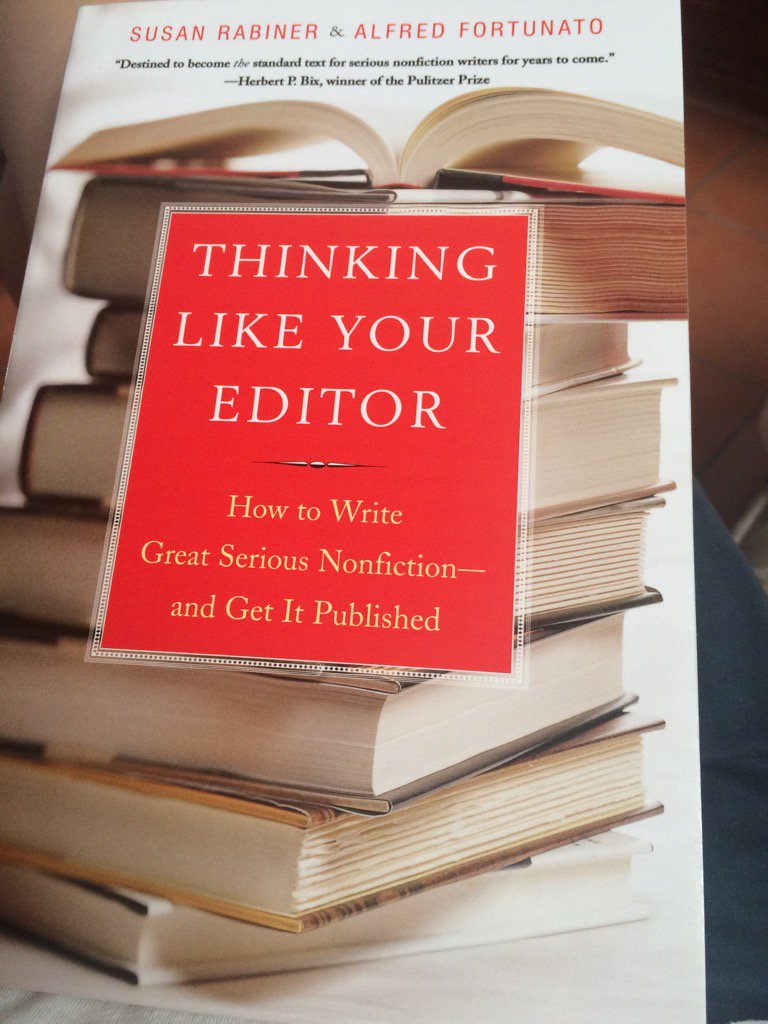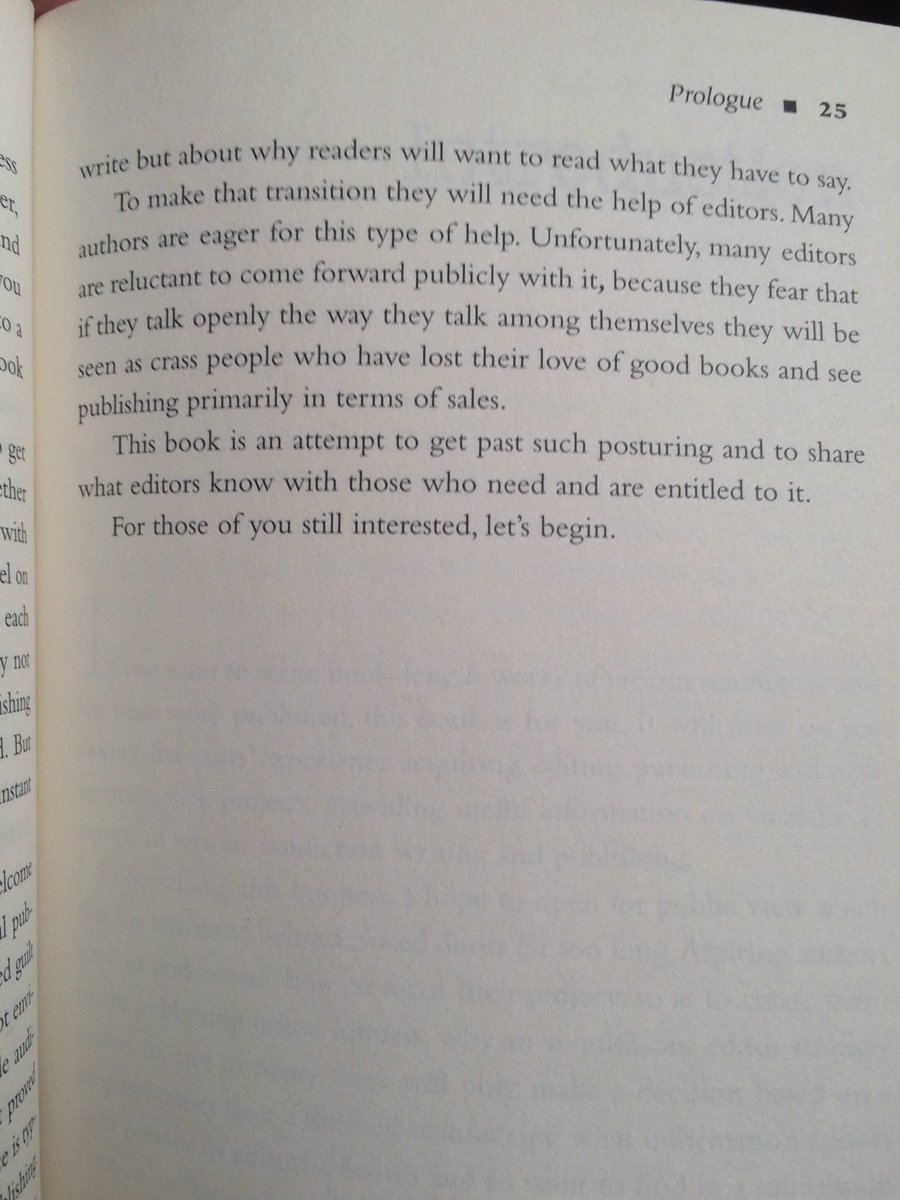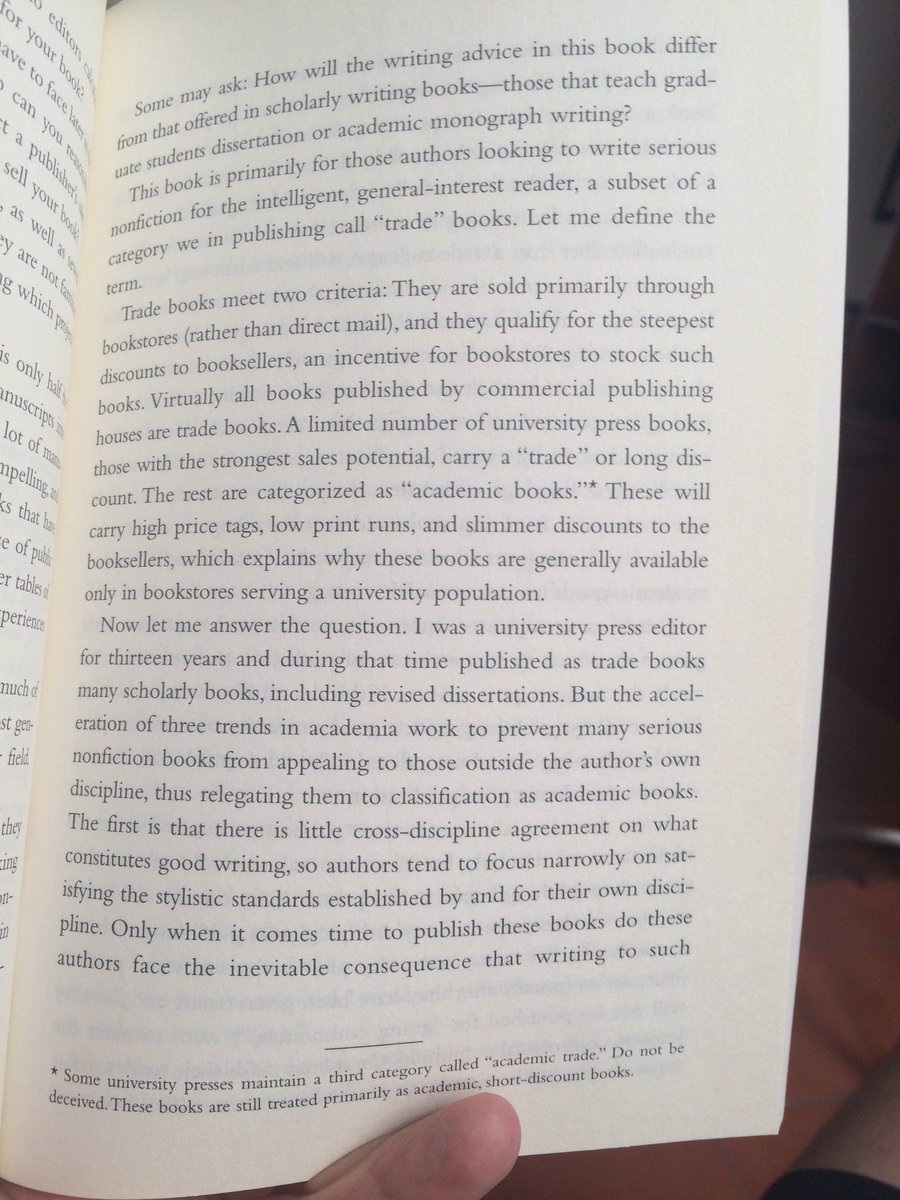Micro-thread on building community across #AcademicTwitter - fellow scholars often ask me "how do I build a community, how do I get myself noticed, and how do I establish myself online?" One strategy I've used that is pretty robust, in my not-so-humble-opinion is PROMOTING OTHERS
You can take time every day (10-15 minutes) to find blog posts, articles, stuff that others have written that you can then pre-schedule on Buffer or Hootsuite. This way, you're not stuck at the computer all day (see: raulpacheco.org/2015/11/6-twit…)
For me (I've been on Twitter for 11 years) it's a relatively easy process by now. I search for Core Tweeters and Core Bloggers (people whom I know work in certain fields and who produce content on a regular basis) and find stuff that they may have written of broader interest.
Five examples (of many): I know @TheTattooedProf often blogs about pedagogy, @ThomsonPat about the writing process @tanyaboza about life as an academic, @FromPhDtoLife about life post-PhD that isn't necessarily a tenure-track position. I can browse through their blogs.
I can find relevant articles that I believe would be of interest to my followers, pre-schedule them, tag these authors' Twitter IDs, and in 20 minutes, I've got 10 tweets that will (a) help my followers with interesting stuff (b) promote colleagues I like and their work and...
(c) Build a larger network where people can see whose blog posts to look for. Promoting others is really a good way to build rapport and community. It does take time, but you can find those Core Bloggers and Core Tweeters in your field if you pay close attention. </thread>
<post thread tweet> I'm going to do exactly this right now so that people can see how I do it and test it on their own. My next 10 tweets will be blog posts by fellow academic bloggers. </post thread tweet>
So, you've seen 9 of the 10 tweets I pre-scheduled. During that time I've written 1,000 words, met with a student, 1 mtg w/colleagues, ...
Had breakfast with my Mom and brother, ran a couple of errands, checked email and responded, scheduled 2 meetings and now I answer tweets.
Pre-scheduling tweets doesn't preclude you answering or tweeting "on the spot". I do take some time to answer @ replies, as many as possible
Which I often do from the loo (I know, TMI but since you asked...)
• • •
Missing some Tweet in this thread? You can try to
force a refresh







